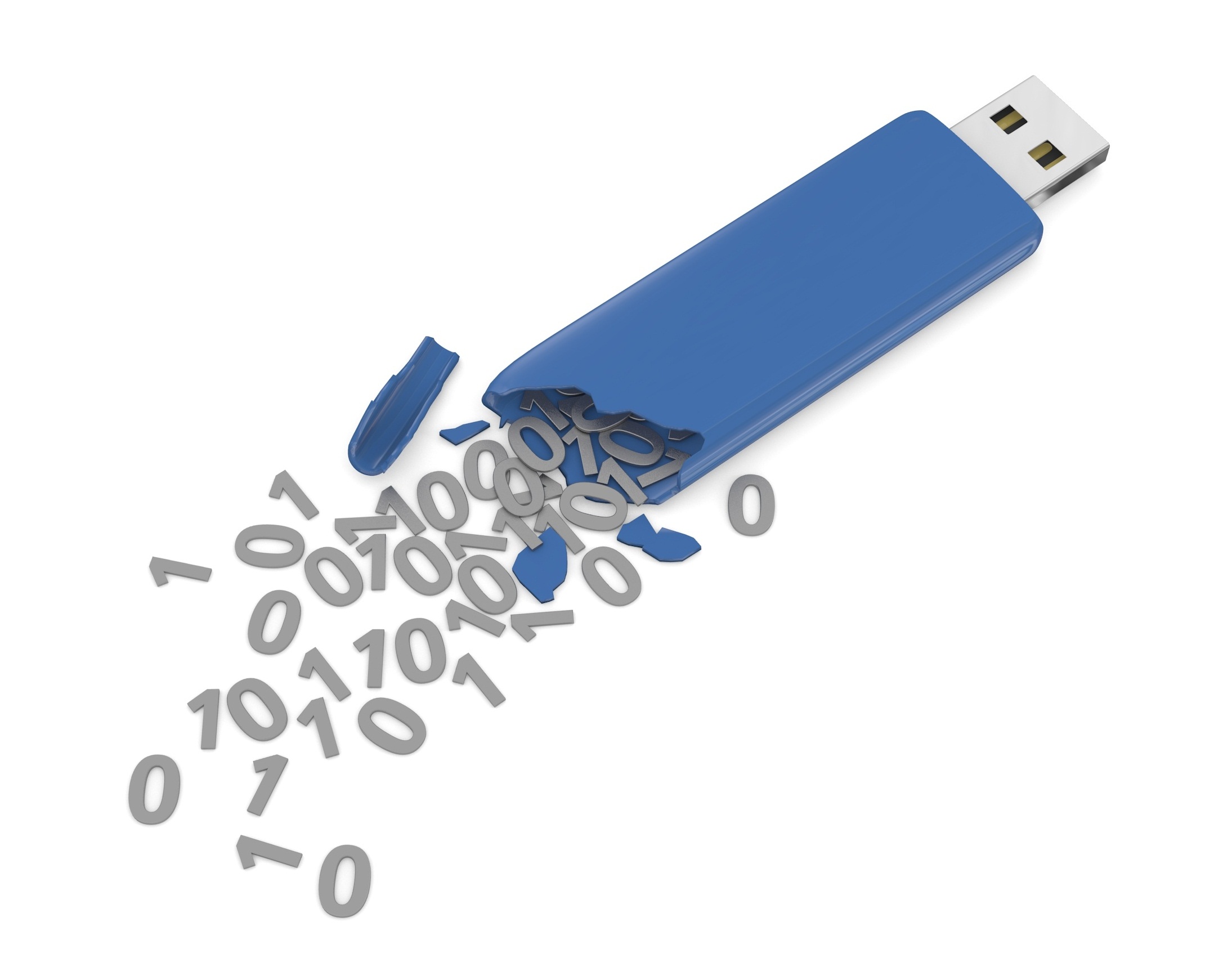

A tenth of second-hand hard drives keep hold of personal data from previous users, leaving old owners in potential danger, research commissioned by the Information Commissioner’s Office (ICO) has shown.
After sourcing 200 hard drives, 20 memory sticks and 10 mobile phones from online sources and trade fairs, the ICO found 11 percent still contained personal data. Almost half contained some kind of information, whilst another 52 percent were unreadable or had been effectively wiped.
In four cases, data on employees and clients of four different organisations were discovered, including health and financial information. Those organisations have been contacted and taken action to ensure better security practices, the ICO said.
“Many people will presume that pressing the delete button on a computer file means that it is gone forever. However, this information can be easily recovered.”
The ICO research is similar to projects that have been carried out before. A study from the Cyber Security Research Institute (CSRI) last year found data on The Sun newspaper staff and Ministry of Defence (MoD) workers on hard drives of discarded PCs. At the time, CSRI chairman Peter Warren said there was a “huge volume and value of data that is literally being thrown away by UK businesses and individuals each year”.
Users may be better off completely destroying their hard drive, if wiping techniques are flawed.
Think you know security? Try our quiz!
American space agency prepares for testing of Boeing's Starliner, to ensure it has two space…
As UK and Europe develop closer military ties, European Commission says it will invest €1.3…
Zuckerberg seeks to revive Facebook's original spirit, as Meta launches Facebook Friends tab, so users…
Notable development for Meta, after appeal against 2021 WhatsApp privacy fine is backed by advisor…
First sign of shake-up under new CEO Lip-Bu Tan? Three Intel board members confirm they…
Trump's nominee for SEC Chairman, Paul Atkins, has pledged a “rational, coherent, and principled approach”…